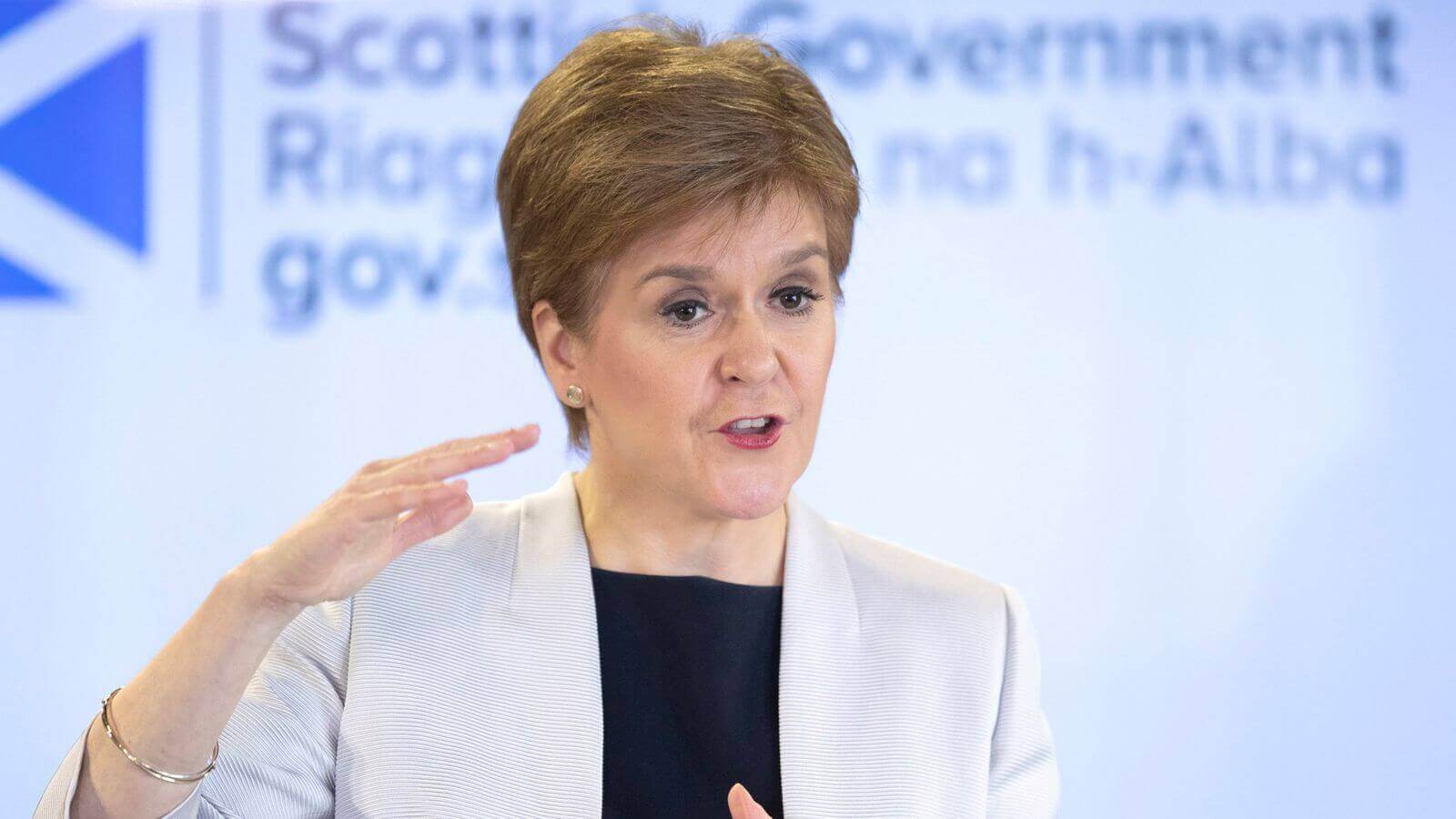South Asia
As tensions between India and China rise, Nepal’s government has ordered its security forces to “closely monitor” the Lipulekh region for activities by the Indian armed forces. Lipulekh is situated at the tri-junction between India, Nepal, and China. [Economic Times]
As Afghanistan’s government agreed to resume the release of the remaining Taliban prisoners, the negotiators representing the Ghani government will be departing to Doha to proceed with the long-awaited peace talks with the Taliban. The Taliban’s spokesperson, Suhail Shaheen, has applauded the government’s decision to release the remaining prisoners and views it as a “positive step which will pave the ground for the start of intra-Afghan negotiations”. [Al Jazeera]
In light of the growing tensions along the Indo-China border, India, on Wednesday, announced its decision to extend its “app ban” to over 100 mobile applications. The authorities have cited data security concerns to justify this move. [Hindustan Times]
Central Asia and the Caucasus
The Kazakhstan government has said that it plans to bar officials and their family members from having foreign bank accounts as public frustration surrounding corruption scandals mounts. The President has also called for a restructuring of existing state structures. [RFE/RL]
East and Southeast Asia
The US imposed further restrictions on Chinese diplomats operating in the country. Senior Chinese diplomats will now require approval to visit American university campuses and to meet with local government officials. Cultural events hosted by the Chinese embassy and consular posts outside mission properties will require State Department approval. China has slammed the US, stating such restrictions violate international diplomatic conventions. [Global Times]
Thai King King Maha Vajiralongkorn announced that his royal consort, Sineenat Wongvajirapakdi, has been reinstated this week. The Former Royal Bodyguard Sinnent was given the title of royal consort last year and within three months was removed for “disloyalty”. It is the first time in nearly a century that a Thai monarch has taken a consort. [SCMP]
Rejecting Foreign Secretary Teodoro Locsin Jr.’s recommendation, President Roberto Dutere said that the Philippines will not blacklist 24 Chinese firms involved in constructing artificial islands in the disputed South China Sea (SCS). [SCMP]
Europe
With support for Scottish independence at an all-time high, Scotland’s First Minister Nicola Sturgeon announced her decision to draft the document for a new Scottish independence referendum. Previously, the referendum was scheduled to take place in March. However, it was indefinitely postponed due to COVID-19. [Reuters]
Over the past week, several email accounts of elected members and employees of the Norwegian Parliament were hacked. Officials are calling it a “significant” cyber-attack and the investigation and technical analysis is still ongoing. [Reuters]
The German government has confirmed that Kremlin critic and Russian opposition leader Alexei Navalny was poisoned by a nerve agent known as Novichok. German chancellor Angela Merkel has condemned the incident, with leaders from the US, UK and France joining in to demand an explanation from Russia, who continues to insist that it knows nothing. [DW]
Latin America and the Caribbean
Brazil has criticized Argentina for delaying the approval of ‘non-automatic’ import licenses, arguing that this is in contravention of the rules and guidelines of both Mercosur and the World Trade Organization (WTO). The Brazilian government notes that the Brazilian National Association of Automotive Vehicles Manufacturers (Anfavea) has $100 million worth of exports that have been held at the Argentinian border for over 90 days, more than the 60 days stipulated by WTO rules. [MercoPress]
Opposition politician Henrique Capriles has broken rank with the coalition of the opposition led by Juan Guaidó, saying that he refuses to boycott the elections and let President Nicolás Maduro further consolidate his power over the Venezuelan government. [Associated Press]
Middle East and North Africa (MENA)
Amnesty International has accused Iran of resorting to rape, torture, and “other ill-treatment” of people who security forces detained in the unrest that took over the country last November. [Voice of America]
Iraq has denied media reports claiming that it is vying for an exemption from the OPEC+ oil cut agreement, saying that it remains “fully committed” to the pact. [Reuters]
In a confidence vote, the Tunisian parliament approved a new technocratic government in a bid to tackle the political instability and socioeconomic issues plaguing the country. [TRT World]
North America
US Secretary of State Mike Pompeo announced sanctions against ICC Chief Prosecutor Fatou Bensouda, and the ICC's Head of Jurisdiction, Complementary, and Cooperation Division Phakiso Mochochoko, in an effort to deter an investigation into whether US forces committed war crimes in Afghanistan. Pompeo accused the court of “illegitimate attempts to subject Americans to its jurisdiction”. [CNN]
The US State Department announced on Wednesday that the US will redirect the $62 million it owes in membership dues to the World Health Organisation (WHO) in 2020 towards other global health initiatives within the United Nations before its withdrawal becomes effective. [The New York Times]
Oceania
Chinese state-sponsored hacker group, APT TA413, allegedly sent fake e-mails under the name of the World Health Organization and the Australian Medical Association. The hackers gain full control of computers if recipients install the malware attached. [Sydney Morning Herald]
Sub-Saharan Africa
The now-former President of Mali Ibrahim Boubacar Keïta has been hospitalized just days after he was ousted from power by a military coup. It has been reported that he suffered a stroke. [The Africa Report]
World News Monitor: 3 September, 2020
A quick look at events from around the globe.
September 3, 2020

Scottish First Minister Nicola Sturgeon is putting the pieces in play for another independence referendum. SOURCE: SKY NEWS
